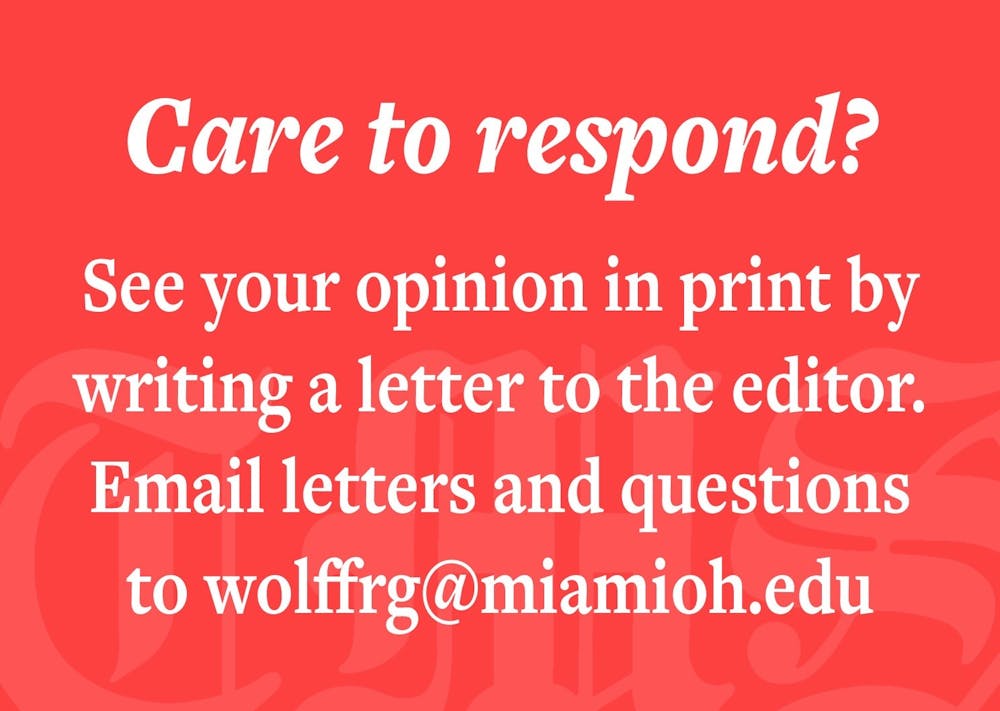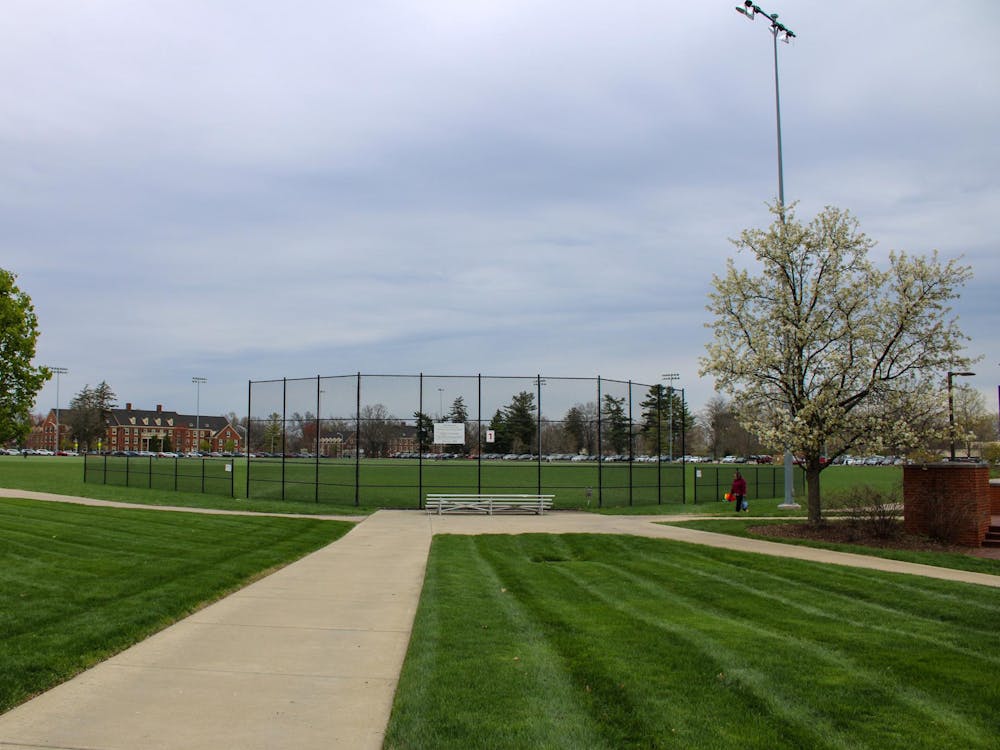Miami University has enjoyed a long tradition of support for the teacher-scholar model, actively promoting lifelong learning with students while blending teaching and scholarship into a single synergistic endeavor. I support the organization of a faculty union at Miami University because I believe wholeheartedly in this model and because recent policy decisions have placed the model in peril. It is my duty and my responsibility to preserve it for future Miami students.
It's safe to say that I wouldn't be the person I am today – or lead the life that I do now – without Miami University. It seems like yesterday that I was sitting in the hallway of Bachelor Hall, waiting for my math professor's office hours to begin so I could ask him questions and discuss topics from our class. Dr. Davenport opened up new worlds for a kid from Middletown, Ohio. I was riveted by stories about academic adventures and faraway places – the challenges (and rewards) of research, graduate school in Washington D.C., grant work with the National Science Foundation.
This is what I wanted to do.
Through our office-hour conversations, Dennis Davenport taught me more about mathematics (and myself) than any textbook or any class lecture could. He helped me believe in myself as a student and a scholar, and he showed me a pathway to get where I wanted to go.
After graduation, I enrolled in a PhD program at a much larger institution. While I have fond memories of my experiences at Ohio State University, I didn't connect with my professors in the same way there. The school was vast — ENORMOUS. Off doing research, my professors had little time to sit and chat with students about career goals or life in the big city.
It was during this time that I realized what a truly unique school Miami was – large enough to offer access to world-class scholars and teachers and a vast array of resources, yet small enough to provide opportunities to forge personal relationships with professors.
But recent policies set forth by upper administration have put Miami's teacher-scholar model at risk. During the early days of the pandemic, the number of full-time faculty at Miami University dropped by 13% (from 984 in 2019-2020 to 857 in 2020-2021). Meanwhile, first-year enrollments ballooned by nearly 18%. At the same time, the number of assistant professors on campus declined by 20% (from 181 to 144).
While the teaching and service work done by all of Miami's dedicated instructional staff is critical to the success of our students, assistant professors are uniquely positioned to enact the teacher-scholar mission because their job description includes research and teaching. It's difficult for instructors to engage students in research when they don't have a research agenda of their own.
The percentage of faculty cuts in 2020 was nearly double the reductions made to management and staff. We lost 13% of faculty while non-instructional staff dropped 7% (from 2,211 to 2,061), as did management personnel (from 213 to 199).
Faculty job losses aren’t just a problem for those of our former colleagues who lost their jobs – they diminish the quality of education we can deliver to our students. As a result of increased class sizes and challenges associated with doing more with less, the faculty that remain find it more difficult to engage students in the way that Dr. Davenport did for me.
It's worth noting that faculty lost jobs at other universities during the pandemic. However, schools such as Bowling Green State University were able to cushion the blow through negotiation with their faculty union.
Fewer jobs were lost.
Enjoy what you're reading?
Signup for our newsletter
The union also negotiated severance pay and the right to return to BGSU when hiring resumed. Meanwhile at Miami, between 200 and 300 faculty were pushed off an employment cliff.
We must do better! This is not the Miami University that I know, love, or honor.
It's time to put an end to decisions that place the institution before its people – its students, staff, and faculty. With a union, faculty, librarians, and administration will work together to make decisions in the best interest of all of us by preserving the teacher-scholar model and creating equitable working conditions for non-tenure-track faculty.
Faculty working conditions are student learning conditions.
By unionizing, we’re building (and preserving) the Miami University our students deserve! Future students deserve the same opportunities Miami made possible for me.




